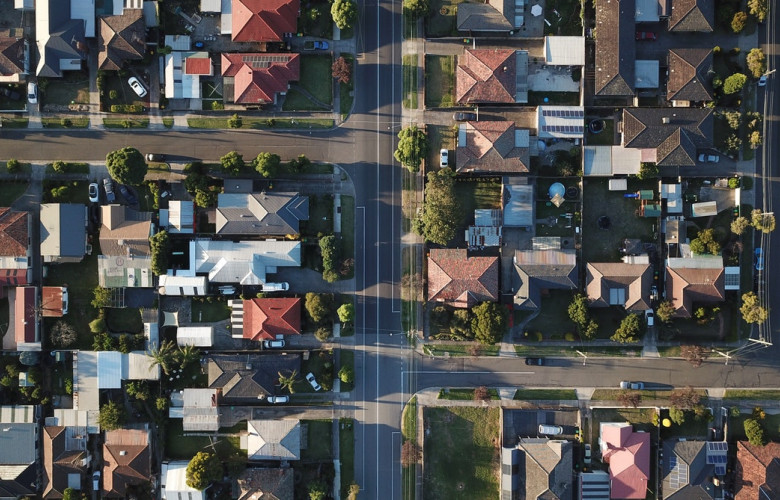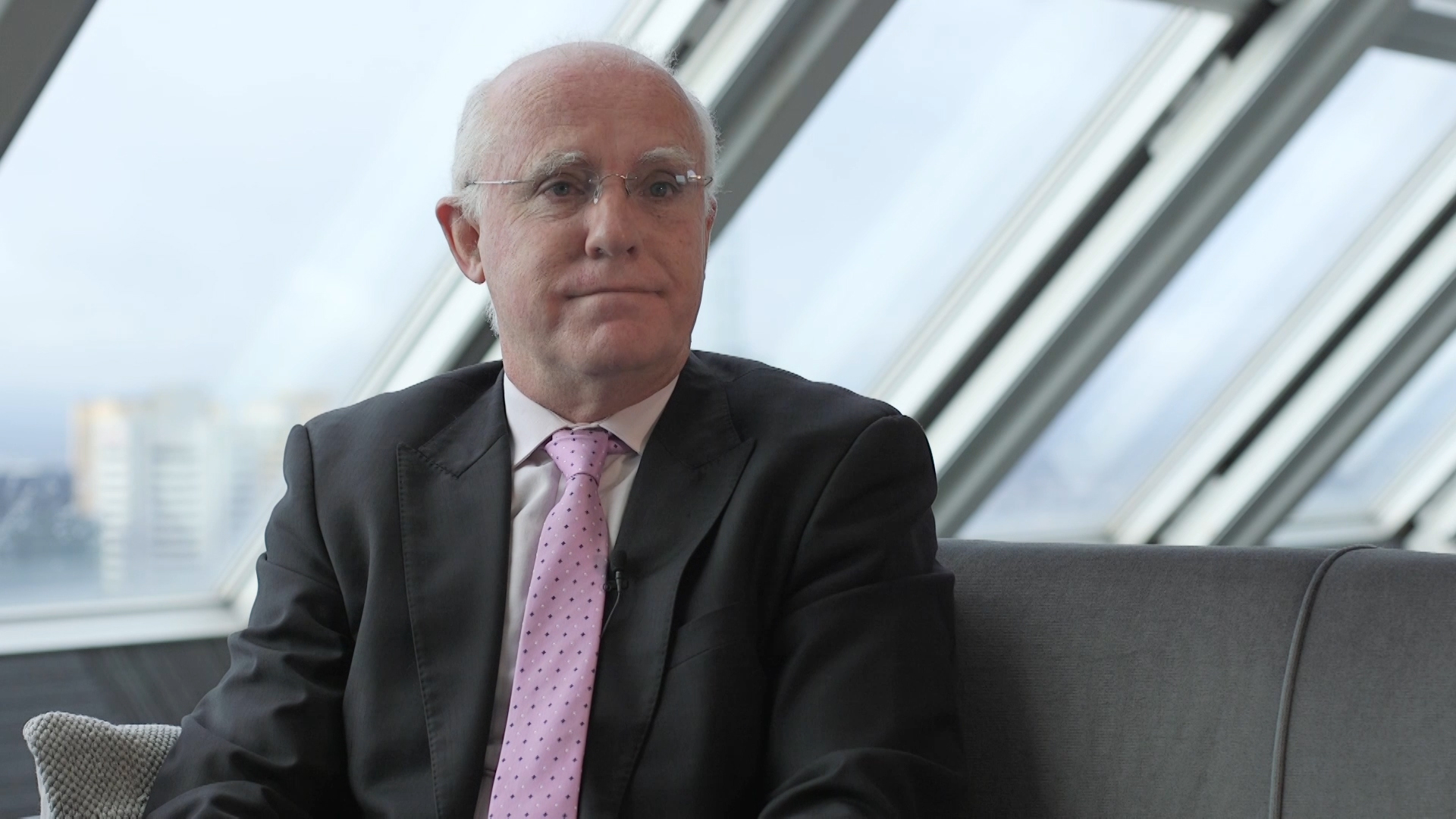Aussies feeling mortgage stress
Contact
Aussies feeling mortgage stress
Consulting Economist for ME Bank, Jeff Oughton and Shane Garrett, senior economist at HIA discusses mortgage stress as ME Bank releases its 14th Household Financial Comfort Report today.
ME Bank’s 14th Household Financial Comfort Report (HFCR) released today has highlighted that rental and mortgage stress is still widespread amongst Australian’s.
Consulting Economist for ME, Jeff Oughton, told WILLIAMS MEDIA more households are overspending to cover necessary living expenses and are drawing down on savings.
“Comfort with short-term cash savings was the most notable component of the Household Financial Comfort Index to decline, seeing a 3 per cent decrease to 4.93 out of 10 during the first half of 2018 – its lowest level in a couple of years,” he said.
Jeff Oughton from ME Bank. Supplied by Keep LeftThe report showed that households’ confidence to raise money for an emergency dropped and the cost of necessities continues to be the major financial concern, with more than half of households reporting it as their ‘biggest financial worry’.
Consistent with ABS wage data, the latest HFCR data found nearly half of households (42 per cent) still had the same income as a year ago, while a quarter (24 per cent) reported income cuts and 34 per cent received a raise.
The report also found more than half of households renting or paying off a mortgage said they are contributing over 30 per cent of their disposable household income towards their cost of living – a common indicator of financial stress.
Shane Garrett, senior economist at HIA disagrees and said that mortgage stress is at low levels across Australia.
“I have seen suggestions that there is a mortgage crisis but in reality for that to happen it would take a number of very unfavourable things to happen which are unlikely.”
“Currently the mortgage arrears rate is less than 1 per cent, interest rates are at their most low and stable in history which is great for sustainability, and the jobs market is performing very strongly with approximately 300,000 jobs created in the Australian economy over the last 12 months.”
Shane Garrett from HIA. Supplied by HIA
Mr Garrett told WILLIAMS MEDIA that loan sizes relative to purchase prices of homes have been 90 per cent at most, which is great protection for home buyers.
“The scope for people experiencing difficulty is limited."
HFCR winners
Mr Oughton said the HFCR found the winners to be self-employed workers, with the highest level of comfort and the largest increase of any workforce segment (up 17 per cent to 6.22).
“With about 15 per cent of the workforce self-employed, it’s clear a number of entrepreneurial Australians are opting to be their own boss, taking control of their own finances and are feeling the positive benefits in their household finances as a result.”
Financial comfort in South Australia increased the most of any other state or territory (up 16 per cent to 5.78), followed by Victoria (up 1 per cent to 5.37), Western Australia (unchanged at 5.5) and Queensland and New South Wales (both down 3 per cent to 5.24 and 5.67 respectively).
“South Australia’s rise in household financial comfort appears to be linked to the sustained and significant fall in unemployment, with households feeling more positive about their jobs, incomes and their financial position generally.”
Mr Garrett agreed that NSW is the most challenging market largely due to affordability, followed by Victoria.
He believes the city where affordability is most favourable therefore financial comfort is higher is Perth, "down to fact that home prices have fallen in the last four years by just over 10 per cent, and interest rates are low.”
"Hobart is also reasonably affordable but prices are growing the most quickly so the position is moving backwards.”
“Tasmania's economy has started to bring in jobs so those who traditionally migrate are staying.”
HFCR losers
The report found young singles and couples under 30 years of age with no kids were losing out with overall comfort decreased by 11 per cent to a record low of 5.30 out of 10.
Empty nesters over the age of 50 also had a record low in financial comfort, down 3 per cent to 5.22.
“You may think that empty nesters would have fewer financial worries but many are still concerned about current finances as well as worried about their life after work, expressing an 8 per cent drop in comfort with their expected standard of living for retirement, as well as a 7 per cent fall in their ‘comfort with savings’.
Students also reported a substantial decline in financial comfort of 15 per cent to 4.18 since the last report.
Related reading:
RBA holds cash rate at 1.50 per cent for twentieth month
Most millennials are saving for their first property, new research shows







